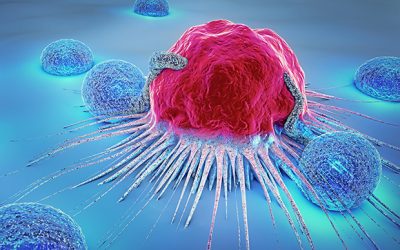A new clinical trial being led by the University of Oxford’s Surgical Trial Units in collaboration with NHS Blood and Transplant and five UK lung transplant centres will investigate whether skin patches can be used as an early warning system to detect lung transplant rejection.
The SENTINEL trial is being funded by £2m in partnership with the Medical Research Council and the National Institute for Health and Care Research.
Lung transplant rejection is commonly monitored through lung function tests, blood tests, X-rays and lung biopsies. However, until it is advanced, lung transplant rejection can be challenging to identify.
The new trial aims to investigate the new early warning system to identify early signs of rejection to be rolled out to all lung transplant recipients, cutting rejection by up to 50%.
Set to be carried out by the lung transplant teams at specialist cardiothoracic centres across England, for the next three years, the trial will recruit 152 patients who are waiting for a lung transplant.
Patients will receive a 10x3cm skin patch from the forearm of the organ donor to be transplanted onto the undersurface of their own forearm at the same time as the lung transplant.
Often, before the body has started to reject the lungs, the skin tends to reject earlier than other organs and may be identified as a rash on the donated skin patch. If identifiable, a tiny biopsy from the skin will be taken to confirm the presence of rejection for doctors to treat much earlier and try to prevent the lung from rejecting.
“Early detection of organ rejection means a healthier transplant, giving people greater control of their care and speeding up access to treatment,” said Health Minister, Andrea Leadsom.
Andrew Fisher, professor of respiratory transplant medicine, Newcastle University Translational and Clinical Research Unit, said: “The trial has the potential to revolutionise the way lung transplants are performed in the future and reduce the fear associated with detecting and treating rejection early.”










